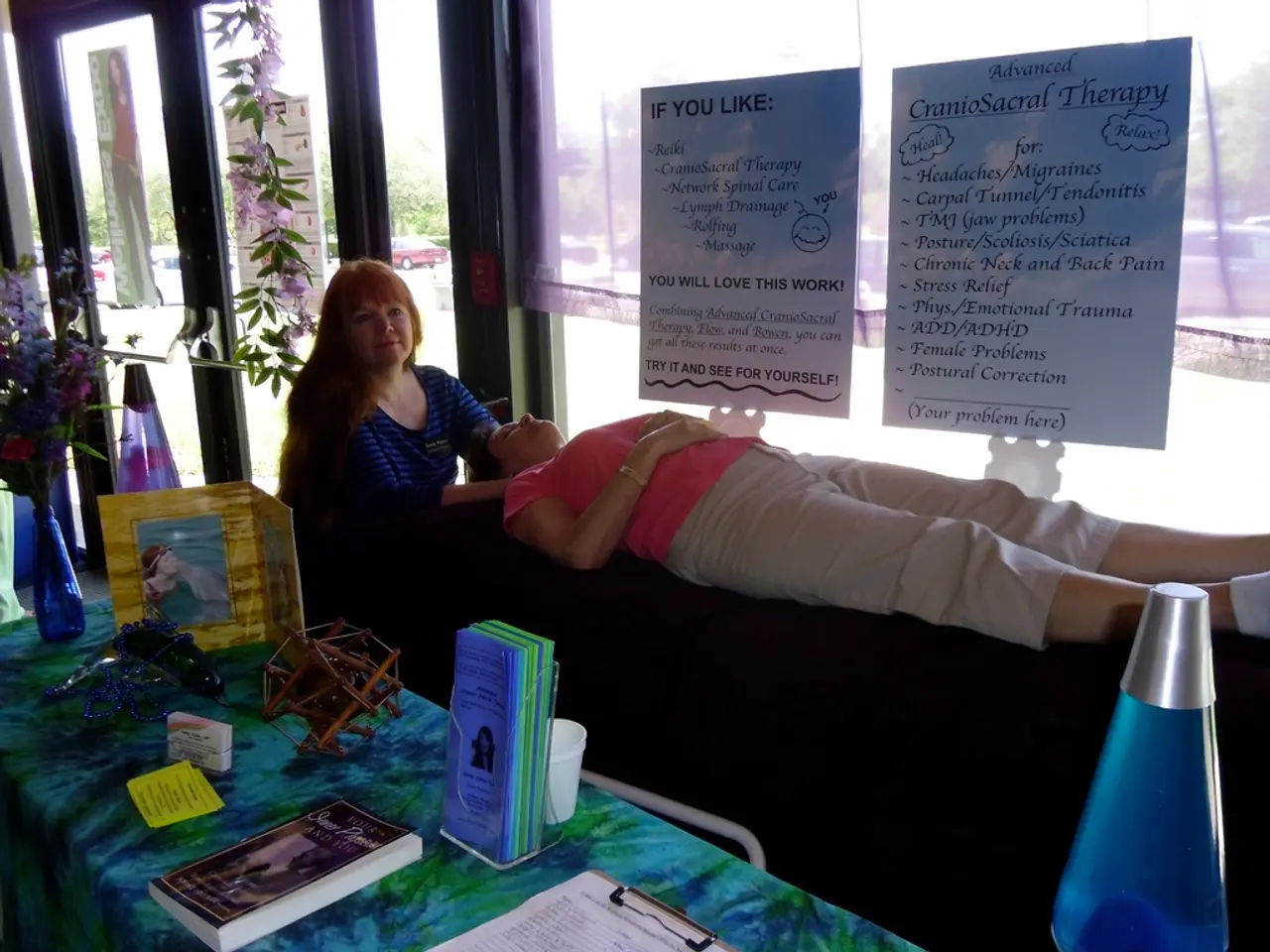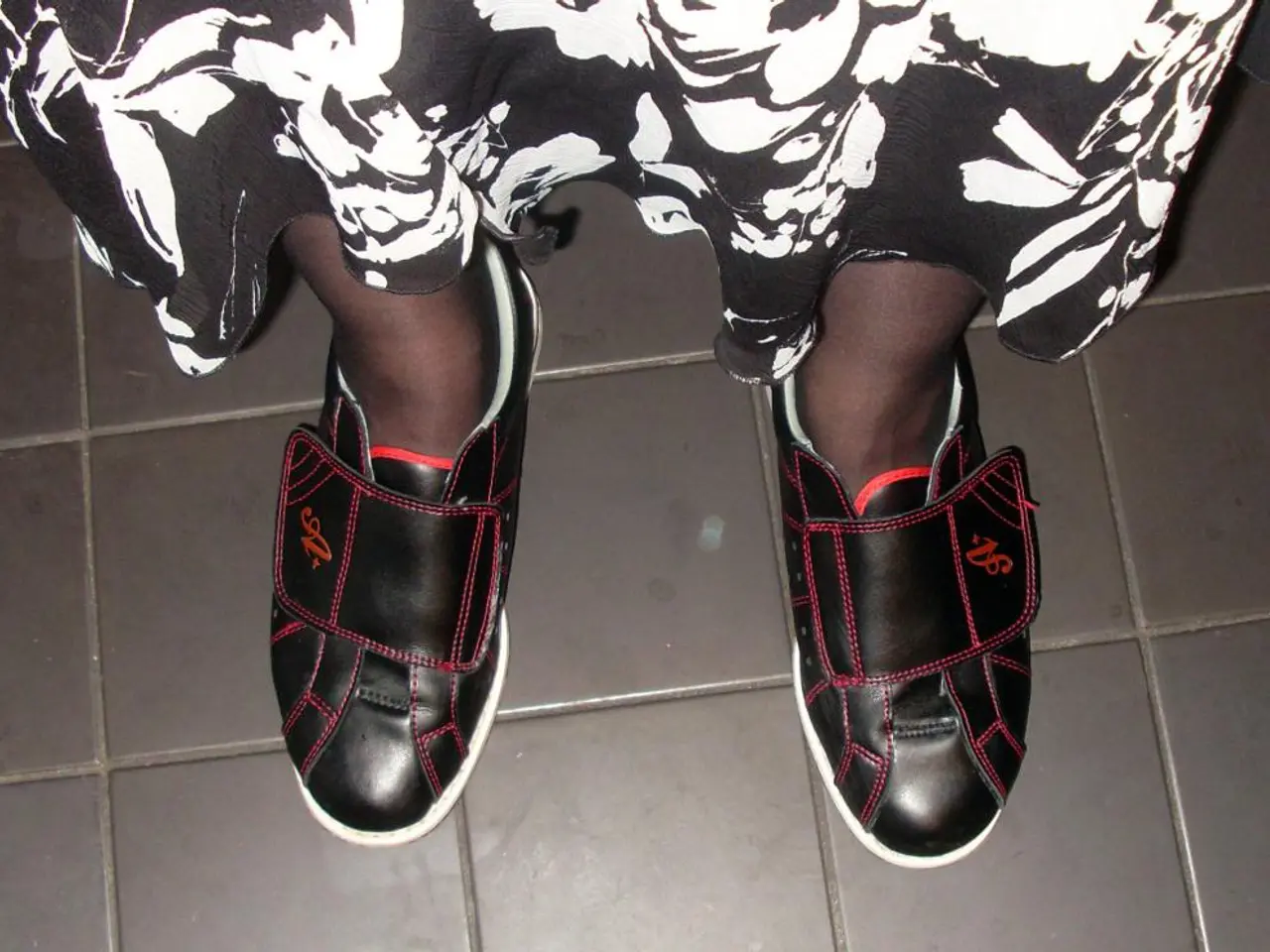Struggling with depression: Its signs, remedies, and additional insights
In the realm of mental health, debilitating depression stands as a significant and challenging condition. This severe form of depression can prevent individuals from carrying out regular daily tasks due to its impact on their functional capacity.
Debilitating depression, a clinical and neutral-sounding term, is used to describe any illness or condition that substantially reduces one's functional capacity. On the other hand, crippling depression is a more intense and figurative term, emphasizing how the depression "paralyzes" or "shuts down" a person’s ability to function. While both terms describe severe depression that impairs functioning, the term "crippling depression" can be offensive due to its ableist implications and negative historical use concerning people with physical disabilities.
Major Depressive Disorder (MDD), the clinical term for severe depression, is a complex condition that can be influenced by a personal or family history, significant life changes, certain physical illnesses, and some medications. If a person experiences symptoms of depression for at least 2 weeks, a medical professional may diagnose them with MDD according to the DSM-5. Symptoms include a constant low or depressed mood, inability to feel pleasure, decreased interest in activities, feelings of guilt, feelings of worthlessness, lack of energy, inability to concentrate, changes in appetite, feelings of agitation, sleep disturbances, and suicidal thoughts.
Fortunately, MDD is treatable. Psychotherapy, a common treatment for MDD, can include talk therapy and cognitive behavioral therapy (CBT). CBT focuses on how thoughts, beliefs, and attitudes can affect a person's feelings and behaviors. If psychotherapy and medication are not effective, electroconvulsive therapy (ECT) may be used as a treatment for depression in severe cases. ECT aims to cause changes in the brain's chemistry to improve the symptoms of depression and other mental health conditions.
If a person with MDD feels very low despite treatment, they may find it helpful to call a local crisis center or mental health service. It is important for a person with MDD to not stop taking their antidepressants without first speaking with their doctor. Other treatments for MDD can include light therapy, alternative approaches such as acupuncture, nutritional changes, regular exercise, and medication. Examples of antidepressants include serotonin and noradrenaline reuptake inhibitors (SNRIs) and selective serotonin reuptake inhibitors (SSRIs).
In conclusion, debilitating depression is a severe mental health condition that can significantly impair a person's ability to function. It is crucial to use respectful and non-stigmatizing language when discussing mental health conditions, and terms like "debilitating depression" or "severe depression" are recommended over "crippling depression" to avoid any ableist connotations. If you or someone you know is struggling with depression, resources such as the 988 Lifeline, Crisis Text Line, and Befrienders Worldwide are available for support.
- The dry, clinical term 'debilitating depression' is used in the mental health realm to signify any condition affecting functional capacity significantly.
- Psychotherapy, a common treatment for debilitating depression, can involve talk therapy and cognitive behavioral therapy (CBT), focusing on thoughts, beliefs, and attitudes.
- In the realm of health-and-wellness and mental-health therapies-and-treatments, MDD, also known as severe depression, is treatable through various means, such as psychotherapy, light therapy, alternative approaches, nutritional changes, regular exercise, and medication.
- Crippling depression, a more intense but offensive term, should be avoided due to ableist connotations and negative historical usage concerning people with physical disabilities.
- Macular degeneration, a condition that could lead to vision loss, is a separate challenge, but macular therapy may help some seekers within the health-and-wellness realm.
- In some cases, medication like serotonin and noradrenaline reuptake inhibitors (SNRIs) or selective serotonin reuptake inhibitors (SSRIs) may be prescribed for those battling MDD, working on cognitive function and affect.
- If a person's symptoms persist despite treatment, they might consider switching therapies or consult a local mental health service for additional help, ensuring they do not stop their medication without professional guidance.
- AMD, or Age-Related Macular Degeneration, is a lasting degeneration in the macula region of the eye, causing persistent vision issues, and is distinct from MDD.




